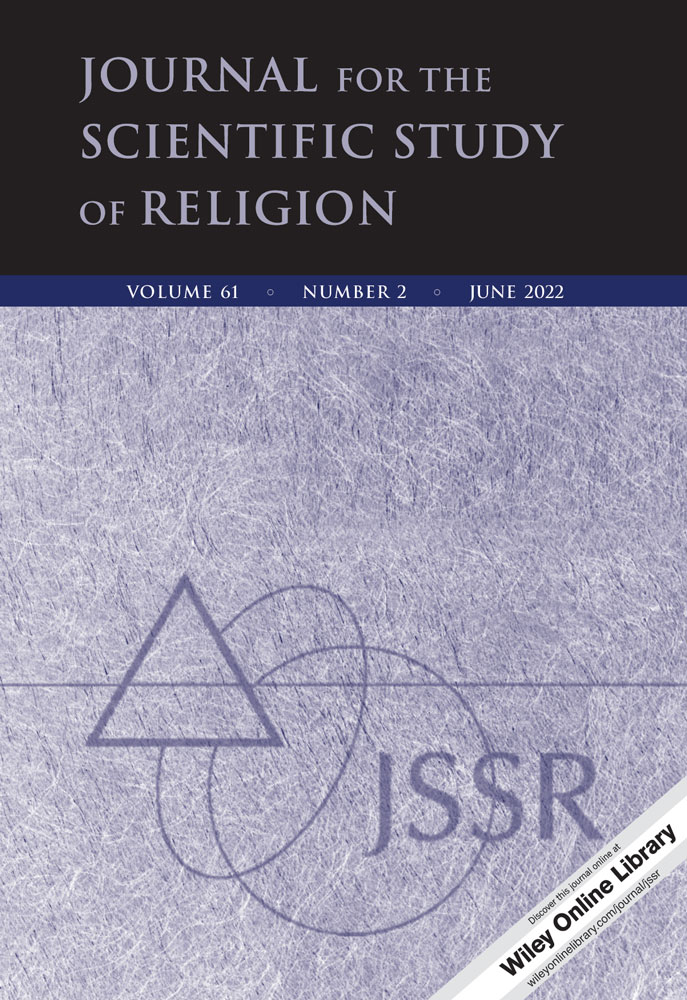The Discursive and Practical Influence of Spirituality on Civic Engagement
Replication: The data from this study are publicly available at the Association of Religion Data Archives (thearda.com) under the title “National Religion and Spirituality Survey 2020.” The Stata syntax for the analysis is available upon request.
Funding: Research assistance on this project was supported by a grant from the Fetzer Institute.
Acknowledgments: We would like to thank the Fetzer Institute for research support and early access to the survey data. The analyses and interprations reported herein are our own. Barbara Duffy contributed data curation, statistical analysis, and background research on civic engagement. Jon Bergdoll provided statistical consultation.
Abstract
Religion has long been recognized as promoting civic engagement. Recent declines in organized religion and growing interest in spirituality raise the question of whether spirituality might also promote civic engagement. Using data from a new nationally representative survey, we assess the independent and joint influence of spirituality and religion on civic life. We find that 40% of respondents perceive spirituality as influencing their civic engagement. Spirituality's influence typically appears in tandem with religion, but when spirituality and religion are distinct, the influence of spirituality is greater and more prevalent. Using two distinct measures, we assess the influence of spirituality on civic engagementat both discursive and practical levels. We find positive associations for both. Spirituality is both a conscious influence and tacit resource in civic life. We close by briefly outlining an agenda for better understanding socially engaged spirituality.




